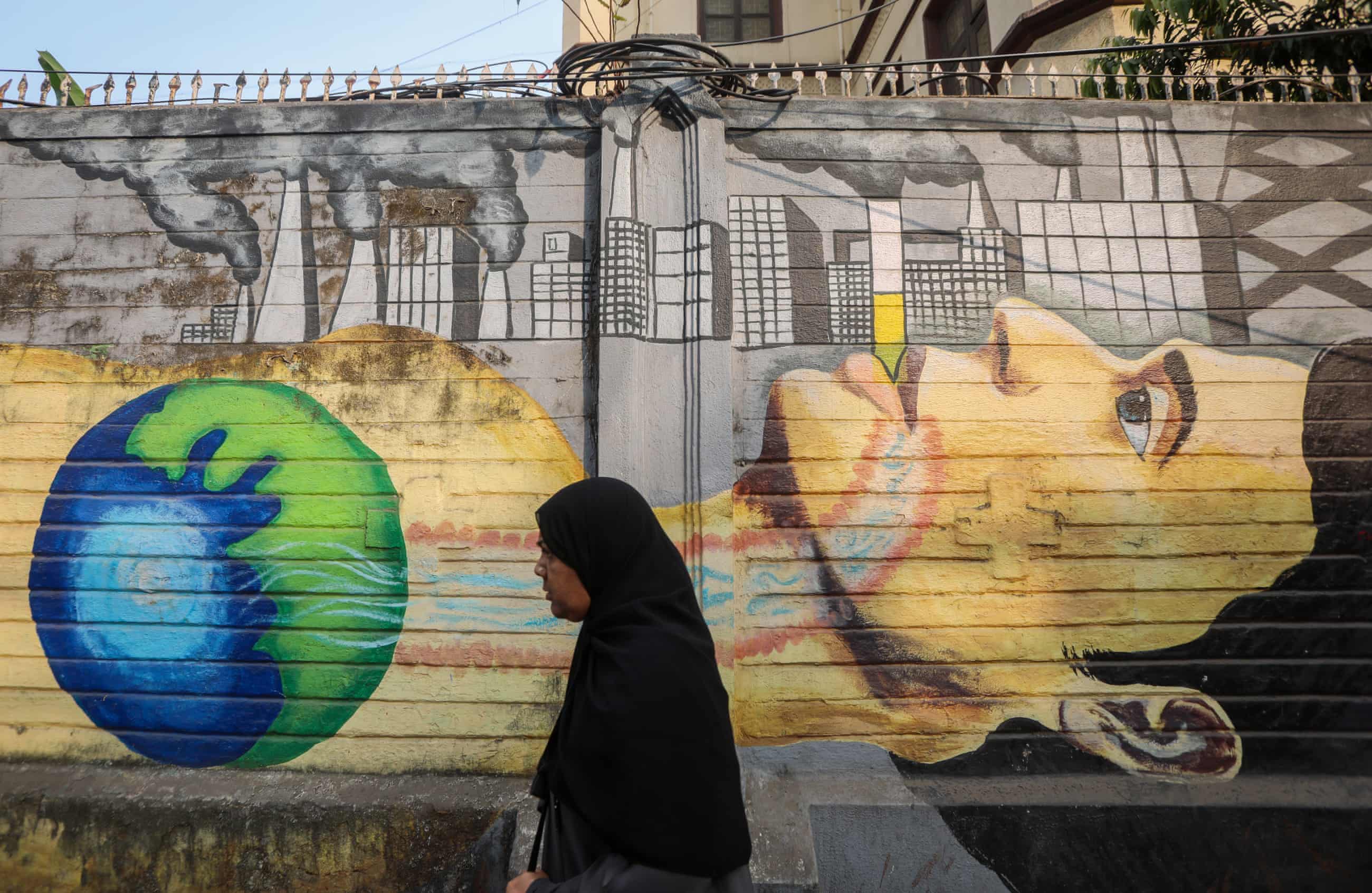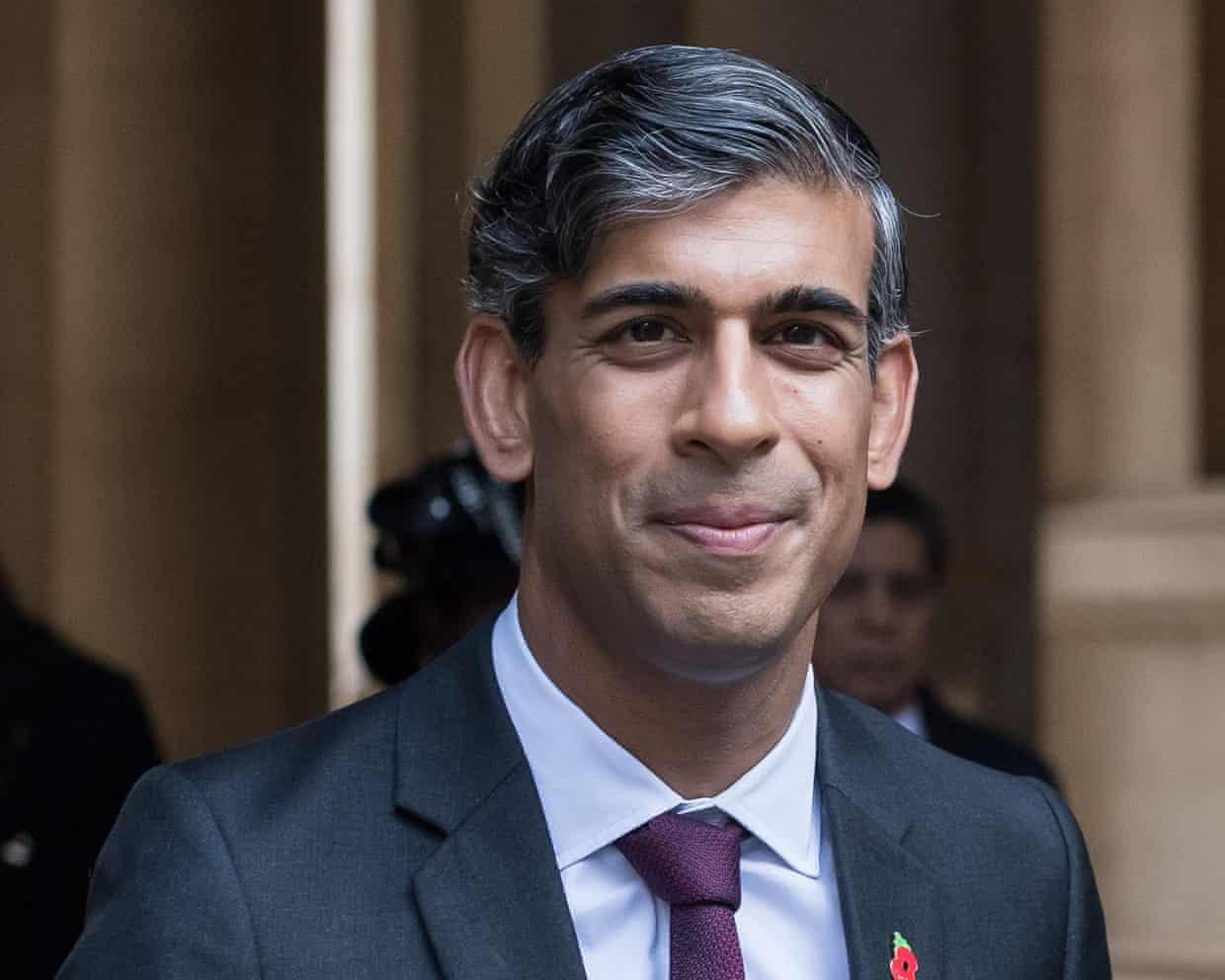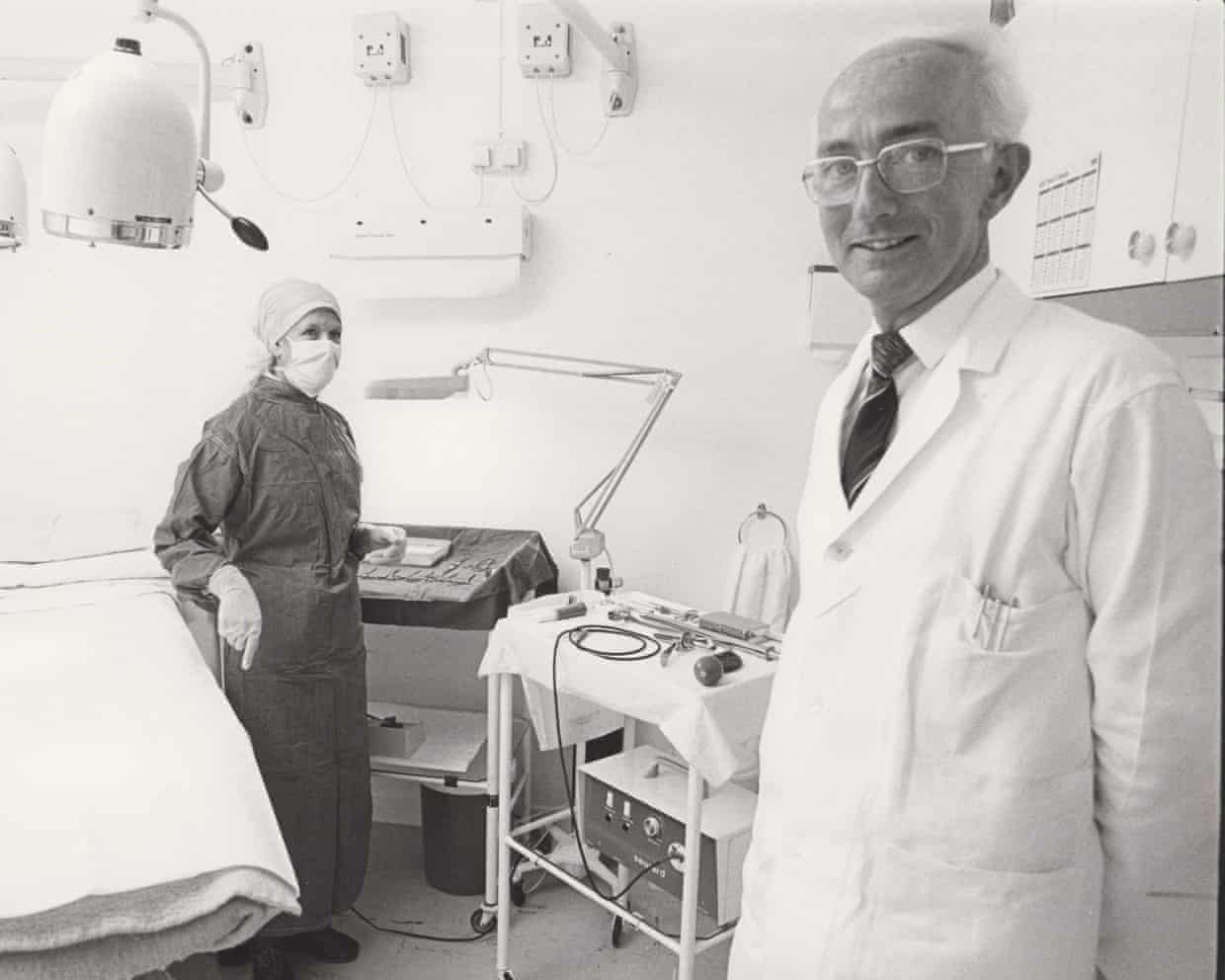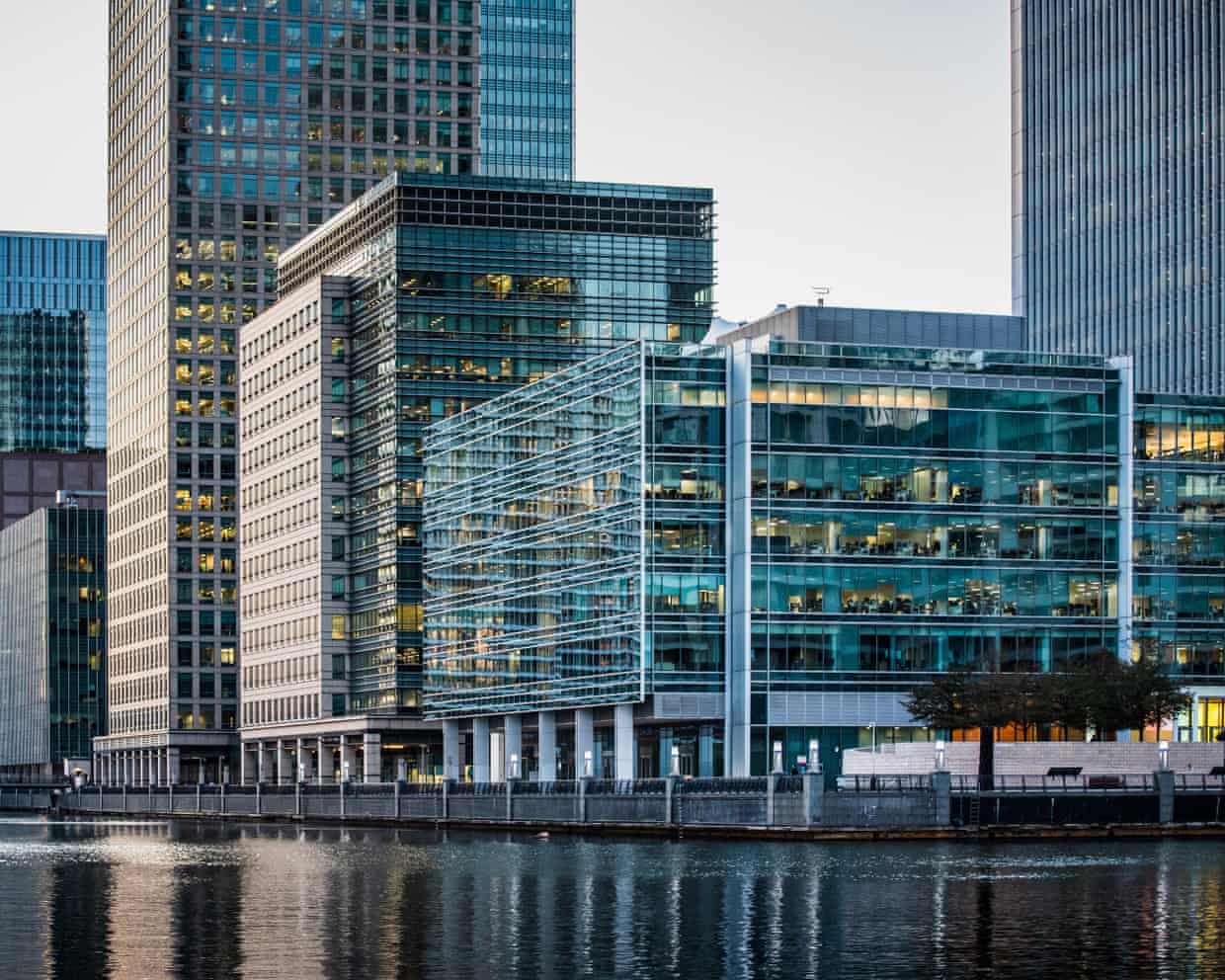‘It’s hell for us here’: Mumbai families suffer as datacentres keep the city hooked on coal

As Mumbai sees increased energy demand from new datacenters, particularly from Amazon, the filthiest neighbourhood in one of India’s largest cities must keep its major coal plantsEach day, Kiran Kasbe drives a rickshaw taxi through his home neighbourhood of Mahul on Mumbai’s eastern seafront, down streets lined with stalls selling tomatoes, bottle gourds and aubergines–and, frequently, through thick smog.Earlier this year, doctors found three tumours in his 54-year-old mother’s brain.It’s not clear exactly what caused her cancer.But people who live near coal plants are much more likely to develop the illness, studies show, and the residents of Mahul live a few hundred metres down the road from one.Mahul’s air is famously dirty.
Even behind closed car windows, there is a heavy stench of oil and smoke.“We are not the only ones facing health challenges in the area,” said Kasbe, who is 36.“It’s all covered with filth.”Two coal plants plant run by the Indian multinationals Tata Group and Adani were due to close last year in a government push to cut emissions.But late in 2023, those decisions were reversed after Tata argued that electricity demand was rising too fast for Mumbai to go without coal.
Neither company responded to requests for comment.Economic growth and the need for air conditioning in climate change-linked extreme heat have seen India’s electricity demand soar in recent years.But an investigation by SourceMaterial and the Guardian reveals the biggest single factor in the city’s failure to end its dependence on fossil fuels: energy-hungry datacentres.Leaked records also reveal the scale of the presence of the world’s biggest datacentre operator, Amazon, in Mumbai.In the city’s metropolitan area, Amazon, on its website, records three “availability zones”, which it defines as one or more datacentres.
Leaked records from last year seen by SourceMaterial from inside Amazon reveal the company used 16 in the city.As India transforms its economy into a hub for artificial intelligence, the datacentre boom is creating a conflict between energy demand and climate pledges, said Bhaskar Chakravorti, who researches technology’s impact on society at Tufts University.“I’m not surprised they’re falling behind their green transition commitments, especially with the demand growing exponentially,” he said of the Indian government.Kylee Yonas, a spokeswoman for Amazon, said Mumbai’s “emission challenges” were not caused by Amazon.“On the contrary – Amazon is one of the largest corporate investors in renewable energy in India, and we’ve supported 53 solar and wind projects in the country capable of generating over 4m megawatt hours of clean energy annually,” she said.
“These investments, which include our 99 megawatt wind project in Maharashtra, are enough to power over 1.3m Indian homes annually once operational.”Amazon is building hundreds of datacentres around the world as it vies with Microsoft, Google and others for leadership of the booming AI market.The company is failing to take responsibility for its role in prolonging the use of the most polluting energy sources, said Eliza Pan, a spokeswoman for Amazon Employees for Climate Justice.“Amazon is using the shiny thing of AI to distract from the fact that it’s building a dirty energy empire,” she said.
Yonas denied this, saying: “Not only are we the leading datacentre operator in efficiency, we’re the world’s largest corporate purchaser of renewable energy for five consecutive years with over 600 projects globally.”Amazon’s claims on green energy are controversial: the company has been criticised for using “creative accounting” by buying renewable energy certificates alongside direct purchases of green energy, as described by a member of Amazon Employees for Climate Justice.Mahul, where Kasbe drives his rickshaw, is a former fishing village now home to tens of thousands of people who moved there after slum clearances elsewhere in the city.Kasbe and his mother arrived there in 2018 after their home in the suburb of Vidyavihar was bulldozed.She had been healthy before the move but deteriorated rapidly until eventually she was diagnosed with brain cancer, he said.
Gajanan Tandle, who lives nearby, said pollution-linked illnesses were common.“There are so many cases of skin and eye irritation, cancer, asthma, TB and more, and no assistance from the government,” he said.Another local, Santosh Jadhav, has lobbied the government to move people away from Mahul.“Everything is contaminated.We are tired of fighting for a decent means of living,” he said.
“It’s hell for us here.”Sign up to TechScapeA weekly dive in to how technology is shaping our livesafter newsletter promotionAmazon, an online marketplace that processes 13 million customer purchases each day, according to research by CapitalOne, has bet billions of dollars on an expansion of its lucrative cloud computing business and expansion of AI-assisted services, from automated coding to translation.The reason so many of its Mumbai centres have slipped under the radar is that they are leased rather than owned by the company.Whereas in the US Amazon tends to own its facilities outright, elsewhere it often rents either entire data farms or server racks in centres shared with other companies.Shared “colocation” units account for a larger increase in datacentre energy use worldwide than owned or wholly leased, according to Shaolei Ren, a computing specialist at the University of California, Riverside.
“Most of the energy in the datacentre industry is going into colocations,” he said.“They are everywhere.”Amazon’s Mumbai colocation datacentres used 624,518 megawatt hours of electricity in 2023, enough to power over 400,000 Indian households for a year, the leaked data shows.India is poised to overtake Japan and Australia to become the second-largest user of datacentre electricity in the Asia-Pacific region, S&P has forecast.By 2030, datacentres will consume a third of Mumbai’s energy, according to Ankit Saraiya, chief executive of Techno & Electric Engineering, an Indian power infrastructure supplier.
As it scrambles to keep ahead of demand for power, the state government of Maharashtra has extended the life of Tata’s coal plant in Mahul by at least five years.At the same time, it also postponed the shutdown of a 500-megawatt station operated by Tata’s rival, Adani Group, north of the city.When Tata argued for the extension in a petition to the state energy board, the biggest single factor the company cited was increased energy demand from datacentres.Adani said most anticipated new demand in the five years after the date by which its station was due to close would be from datacentres.The power stations are just two of many polluters in Mumbai’s Mahul district.
The area is also home to three refineries and 16 chemical factories, according to a 2019 report published by India’s Centre for Policy Studies which called the neighbourhood a “toxic hell”.But the Tata station, opened in 1984 and like other older power stations subject to laxer emissions rules, is “one of the key sources of air pollution in Mumbai”, according to Raj Lal, chief air quality scientist at the World Emission Network.It contributes nearly a third of local PM2.5 pollution, according to the Centre for Research on Energy and Clean Air.PM2.
5 refers to airborne particles 2.5 micrometers or less in diameter that can cause significant health problems when inhaled.Toxic heavy metals in coal ash from the plant are likely to cause “respiratory diseases, kidney issues, skin problems, cardiac issues”, said Shripad Dharmadhikary, founder of the environmental organisation Manthan Adhyayan Kendra.Even with the Tata plant kept running, Mumbai’s power grid is creaking under the strain of surging demand.To guard against blackouts, Amazon’s colocation datacentres in the city have bought 41 diesel generators as backup and are asking for approval to install more, documents show.
In August a report by the Center for Study of Science, Technology and Policy (CSTEP) identified diesel generators as a major source of air pollution in the region.The presence of datacentres that require constant power and diesel generators for backup “will naturally exacerbate emissions”, said Swagata Dey, air quality specialist at (CSTEP), asserting that datacentre operators should be required by law to power them with pollution-free solar electricity.One Amazon site in particular, just across the Thane Creek from Mahul, hosts 14 generators.One of the company’s partners received permission earlier this year to install 12 further generators at the site.“Public health impacts must be a central consideration when siting datacenters and choosing energy sources,” said Ren of the University of California, Riverside, who co-wrote a recent paper assessing public health risk from diesel generators at US datacentres.
Sushmita does not use a surname because in India a surname indicates the caste–a hierarchical and discriminatory social structure.

The carer’s allowance scandal – a timeline
Ministers have announced a major review of the penalties imposed on hundreds of thousands of unpaid carers after a damning independent investigation of the carer’s allowance scandal.The inquiry by Liz Sayce was launched after the Guardian revealed how a catalogue of failures at the Department for Work and Pensions (DWP) had left scores of vulnerable families with huge debts and hundreds with criminal convictions for fraud.Those who care for loved ones for at least 35 hours a week are entitled to £83.30 a week in carer’s allowance, as long as their weekly earnings do not exceed £196. But if they exceed this limit, even by as little as 1p, they must repay that entire week’s carer’s allowance

More than 100 MPs urge Streeting to approve prostate cancer screening
More than 100 MPs, including Rishi Sunak, have urged Wes Streeting to introduce screening for prostate cancer.The UK National Screening Committee, a government agency that advises ministers and the NHS about all aspects of screening, will recommend whether men at higher risk of the disease should be offered checks. It is due to write to the health secretary later this week, the Telegraph reported.Sunak, who is leading a cross-party alliance of 125 MPs, met Streeting on Monday evening to hand him an open letter urging the government to introduce tests so men at the highest risk, including Black men, men with a family history of prostate, breast or ovarian cancer, and those carrying the BRCA1 and BRCA2 genes, are “no longer left behind”.The letter says: “Our current opportunistic PSA [prostate-specific antigen] testing system is unstructured, inefficient and unfair – a postcode lottery where some men succeed because they know to ask or can pay privately, while others are turned away despite repeated requests

John Stuart Brown obituary
In 1979, the British Medical Journal published an article by a Kent GP, John Stuart Brown, titled “Minor operations in general practice”.Brown, who has died aged 90, wrote that undertaking an average of four minor operations a week in his GP surgery had huge advantages compared to referring patients to hospital. It was faster, more convenient for patients and cost-effective, saving the area health authority more than £15,000 a year. He estimated the average cost of a procedure in his GP surgery was £5, compared to £78.24 in hospital

People who stop using Mounjaro suffer reversal of health benefits, says study
People who stop using the weight-loss jab Mounjaro not only tend to regain weight, but experience a reversal in other health improvements too, research suggests.Mounjaro, which contains the active ingredient tirzepatide, has become a popular medication for weight loss, with studies suggesting that it can help people lose an average of 20% of their body weight after 72 weeks of treatment.However, research has previously found that people who stop using tirzepatide tend to regain much of the weight they have lost.Now experts studying results from a clinical trial known as Surmount-4 say other benefits seen with the medication, such as reduced blood pressure and lower levels of “bad” cholesterol, also go into reverse upon stopping the jabs.Naveed Sattar, a professor of cardiometabolic medicine at the University of Glasgow who was not part of the team but was involved with previous work on the trial, said “the findings are not a surprise, as excess weight is a well-established driver of elevated blood pressure and impaired glucose control”

Time for doctors to face salary reality | Letters
Your correspondent (Letters, 19 November) recounts her career as a doctor in the NHS where, despite rising to senior consultant, her final year’s salary before tax was just over £100,000, a figure she defines as “a bit pathetic”. To most Guardian readers, that figure is a small fortune. By way of comparison, after 37 years as a primary school teacher, including 24 years as a head, my final salary was £50,000, a figure that I found perfectly acceptable as reward for a challenging and immensely satisfying role.Bob ForsterShipton under Wychwood, Oxfordshire Presumably the retired consultant anaesthetist Elizabeth Taylor was aware that many of those who worked with her on the wards would have been expected to get by on less than half that amount? I wonder what word she would use to describe their pay?Martin RyleLewes, East Sussex Have an opinion on anything you’ve read in the Guardian today? Please email us your letter and it will be considered for publication in our letters section.

Princess of Wales calls for end to ‘stigma’ around addiction
The Princess of Wales has called for an end to the “stigma” surrounding addictions, saying the experiences of those dependent on drugs, alcohol or gambling are “shaped by fear, shame and judgment”.Catherine, who is a patron of the charity Forward Trust supporting recovering addicts, said more open conversations were needed to bring the issue “out of the shadows” and for society to show “compassion and love” to those affected.“Addiction is not a choice or a personal failing but a complex mental health condition that should be met with empathy and support,” she said in a message marking addiction awareness week, which runs to 30 November.“But still, even now in 2025, people’s experience of addiction is shaped by fear, shame and judgment. This needs to change

Can’t tech a joke: AI does not understand puns, study finds

Civil liberties groups call for inquiry into UK data protection watchdog

Meet the AI workers who tell their friends and family to stay away from AI

Bro boost: women say their LinkedIn traffic increases if they pretend to be men

Leading law firm cuts London back-office staff as it embraces AI

Elon Musk’s Grok AI tells users he is fitter than LeBron James and smarter than Leonardo da Vinci